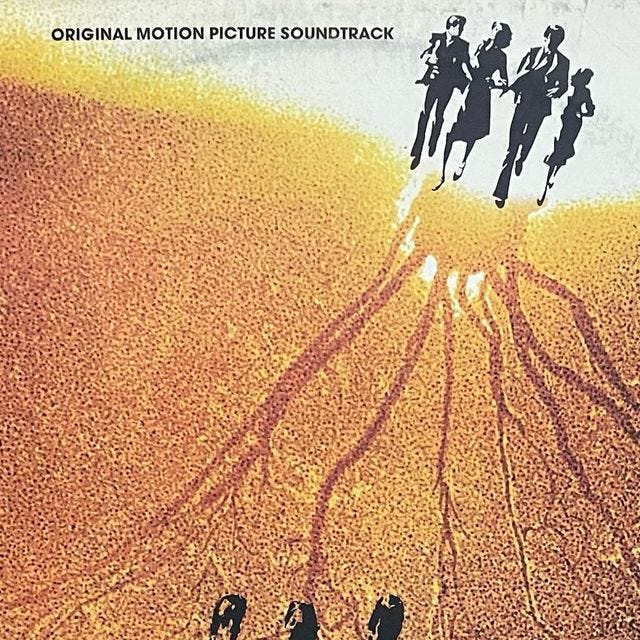Denny Zeitlin's 'The Peacocks': Capturing Stark, Temporal Beauty in a Concrete World
Resonating notes, fleeting in their wonder, flutter to and fro, calling to mind the artistry of beauty and rhythm in natural-falling happenstance
“Jimmy Rowles’ ‘The Peacocks’ is one of those compositions I had admired from afar, but only happened to listen to up close last month. I learned that Rowles first recorded his ballad in the mid-seventies, notably on ‘The Peacocks’ — a 1975 album of the same name, as a duet with Stan Getz. It soon became a jazz standard, and in 1993, Norma Winstone recorded her lyric version, ‘A Timeless Place’ in an album with Rowles. There are now multiple recordings of this hauntingly mysterious ballad on the internet. I felt drawn into my studio to explore this piece, and here is the result, with beautiful peacock video provided by Bret Primack.
I hope this performance resonates with you.”
— Denny Zeitlin, Jan. 22, 2023
How do you capture a peacock’s multi-jeweled, multi-toned hue while also tapping into the human microcosm of emotions, reflections, and random, passing thoughts in a world battered by anarchy, chaos, and superficiality?
If you’re an experimental artist prone to wandering and discovering previously overlooked fertile plains just beneath the surface — like jazz icon Denny Zeitlin — you reverse osmosis, from withering on the vine to sprouting succulent buds, on a luxe, cascading piano solo of Jimmy Rowles’ “The Peacocks.”
Playing what you see, hear, and feel from deep, appreciative wellsprings, with scary intelligence, foresight, and restless energy…Zeitlin’s natural forte.
The classically trained experimental jazz pianist (Expansion, “Invasion of the Body Snatchers” 1978 remake, Soundings) moves through the whispery, breezy ether with tranquil ease, as if appreciating the musical, top-down view, his burnished notes fluttering, floating, and flying outward in a billowing tuft of royal blues and sunken prism pinks…much as a peacock spreads its showy wings and takes flight.
Occasionally, he brushes up against dark, contrasting tension — opposing forces that keep us balanced, keep life worth fighting for on this earth between heaven and hell.
His tempo — smoother, lighter, and more quixotic than Rowles’ original jazz standard — is kept as unpredictable as hungering, roving beasts of the field, mountain, and sky over a mostly peaceful Serengeti, pregnant with possibility, life and sudden death.
Beautiful, flowing, delicate, and on and on, until he presses deeper, turning a curve into a bejeweled but jangly nerve ending, then back to beautiful again.
Yes, quite resonating. Thank you, sir.







